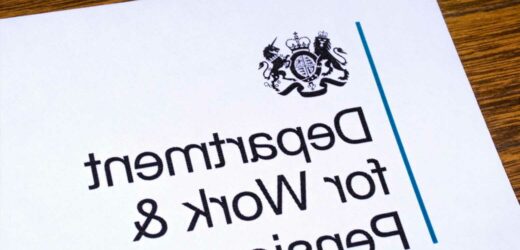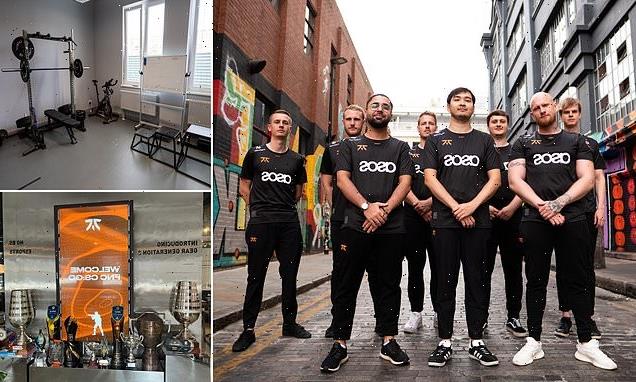MILLIONS of households receive Universal Credit to help with the cost of living.
But many wrongly presume that they won't be entitled to the benefit because they're in work.
In fact, you can claim Universal Credit whether your in or out of work. And the number of hours you work won't affect the amount your get.
Universal Credit acts as a direct replacement of the older benefits and it works as a single monthly payment to help those on low incomes.
Whether you are eligible will depend on your specific circumstances.
You may be eligible if you meet all of the following criteria:
- you’re on a low income or out of work
- you’re 18 or over (there are some exceptions if you’re 16 to 17)
- you’re under State Pension age (or your partner is)
- you and your partner have £16,000 or less in savings between you
- you live in the UK
READ MORE IN MONEY
Five mistakes that could mean your Universal Credit is reduced or stopped
What is Universal Credit? Everything you need to know including how to apply
You can read the full eligibility criteria on the government's website.
How many hours can I work on Universal Credit?
You aren't limited to how many hours you can work while on Universal Credit.
Your Universal Credit payments will not stop if you work more than 16 hours a week.
All payments are calculated on your base salary, not the amount of hours you work.
Most read in Money
Christmas presents under threat as port workers go on strike for EIGHT days
I wished I'd never won £10m lotto jackpot as my life spiralled out of control
I tried own-brand cookie dough ice cream and one was better than Ben & Jerry's
Hard-up prepayment meter customers can get free energy this winter
And most employers will automatically report your earning. Only those who are self-employed would need to do so.
Will my Universal Credit payment be reduced if I work?
Yes is the simple answer. Universal Credit is a monthly payment that reduces the more you earn.
That's because it's designed to help prop up those who want to get back to work but might not be able to for a number of reasons.
For every £1 you earn your Universal Credit payments reduce by 55p.
That means the maximum you could earn a month and still be entitled to the standard allowance is £669.82p.
That's because a monthly standard allowance if you're single and 25 or over is £334.91.
How much you earn and whether you'll be entitled to Universal Credit payments will obviously depend on your circumstances.
The total amount of benefits you can receive is capped at £20,000 a year outside Greater London if you’re in a relationship or a single parent and your children live with you.
It is £13,400-a-year if you live by yourself.
Can I have savings while claiming Universal Credit?
You'll won't be able to receive Universal Credit if you have more than £16,000 in savings.
Read More on The Sun
Emmerdale fans work out who will die in 50th anniversary storm stunt
I made a mortifying mistake with my wedding invites
If you've more than £6,000 in savings the Department for Work and Pensions (DWP) will take off £4.35 for every £250 above £6,000.
The savings included here include cash and shares savings. Your personal possession, business assets and the home you live in won't count towards this.
Source: Read Full Article











